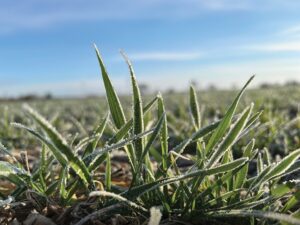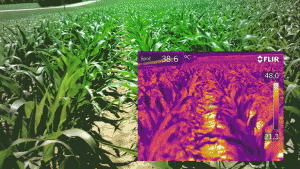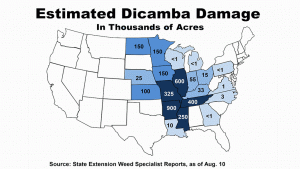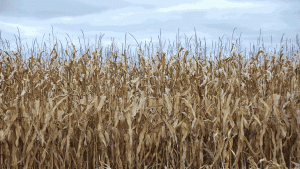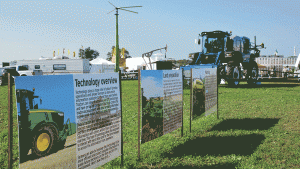Sugar corn instead of sugar cane
A CANADIAN CROP FOR BIOFUEL AND BIOPRODUCTS
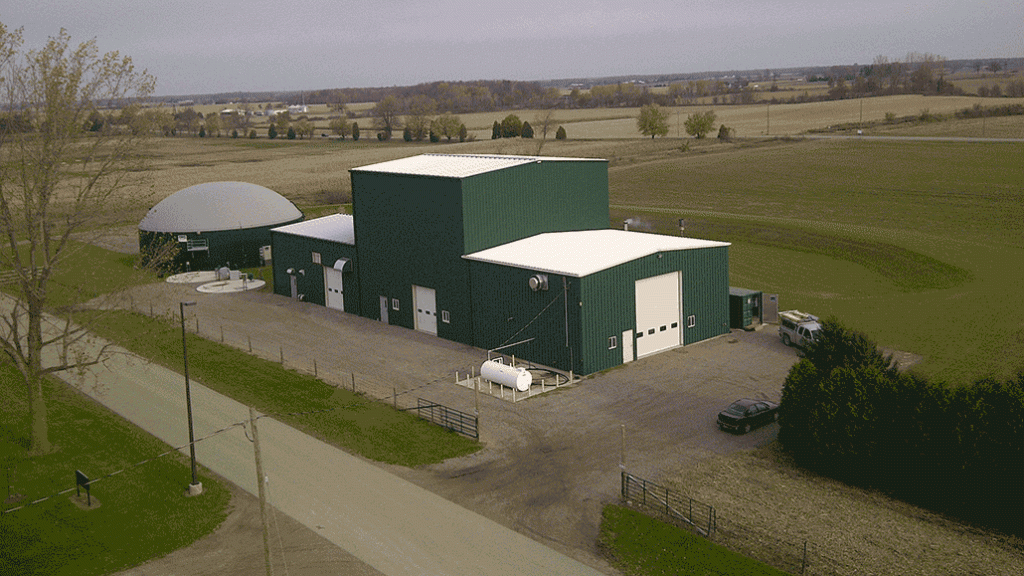
SUGAR CORN, A novel breed of corn with high sucrose levels, is being researched at the University of Guelph for its potential use in biofuel and bioproduct production. Using a simple, cost-effective, and fast-acting method, researchers are generating eco-friendly ethanol fuel they hope will expand Canada’s reputation within the biofuel industry.
University of Guelph Ridgetown Campus professor Brandon Gilroyed, of the School of Environmental Sciences, and his team of researchers are evaluating sugar corn agronomy in order to optimize ethanol production.
“The fact that sugar corn yields more sucrose per hectare of land than conventional corn, requires the same equipment for growth as conventional corn, and is capable of being harvested earlier in the year is why growing sugar corn is beneficial for Canadian farmers and the biofuel industry,” Gilroyed says.
In Canada, ethanol is traditionally derived from grain corn. However, conversion to ethanol is relatively inefficient because enzymes must first break down starch from the grain into basic sugar units before fermentation can occur.
Researchers took a cue from Brazilian ethanol production, which involves pressing juice from sugarcane, an abundant crop in South America that can be directly fermented. Sugarcane is not suited to Canada’s climate, but sugar corn can be grown across the country and utilized in a similar way. After harvest, sugar corn is pressed to release its sucrose-rich juice which can be fermented to ethanol by yeast.
Directly fermenting sugar corn juice saves time and money, as several steps required for conversion of grain corn to ethanol (grinding, heating, enzyme addition) are eliminated entirely. Sugar corn juice can also be used to produce other biofuels and bioproducts via fermentation, such as biobutanol or succinic acid. The solid sugar corn stalk residue remaining after juice extraction, called bagasse, can be further utilized as animal feed or substrate for biogas production using anaerobic digestion.
“Biofuels are important in terms of providing options for renewable energy and fuels,” says Gilroyed. “In the future, we can go beyond ethanol production and focus on other platform products that are both higher in value and renewable.”
Gilroyed and his research team next plan to compare the conversion of sugar corn into various biofuels and bioproducts as well as continuing agronomy trials on sugar corn production in southwestern Ontario.
Funding for this project was provided by Grain Farmers of Ontario and the OMAFRA-U of G Partnership. Collaborators from University of Guelph Ridgetown Campus include graduate student Tiffany Hinbest, Dr. Rob Nicol, Dr. David Hooker, and Doug Young. Dr. Lana Reid and Dr. Malcolm Morrisson from Agriculture and Agri-Food Canada developed the sugar corn varieties investigated in this research project. Dr. Argyrios Margaritis and graduate students Reyna Gomez-Flores and Thirumalai Nambi Thiruvengadathan from the University of Western Ontario collaborated on ethanol and butanol research. •
Janan Shoja Doost is a writer with SPARK (Students Promoting Awareness of Research Knowledge) at the University of Guelph’s Office of Research. For more information, contact a SPARK writer at 519-824-4120, ext. 52667.



